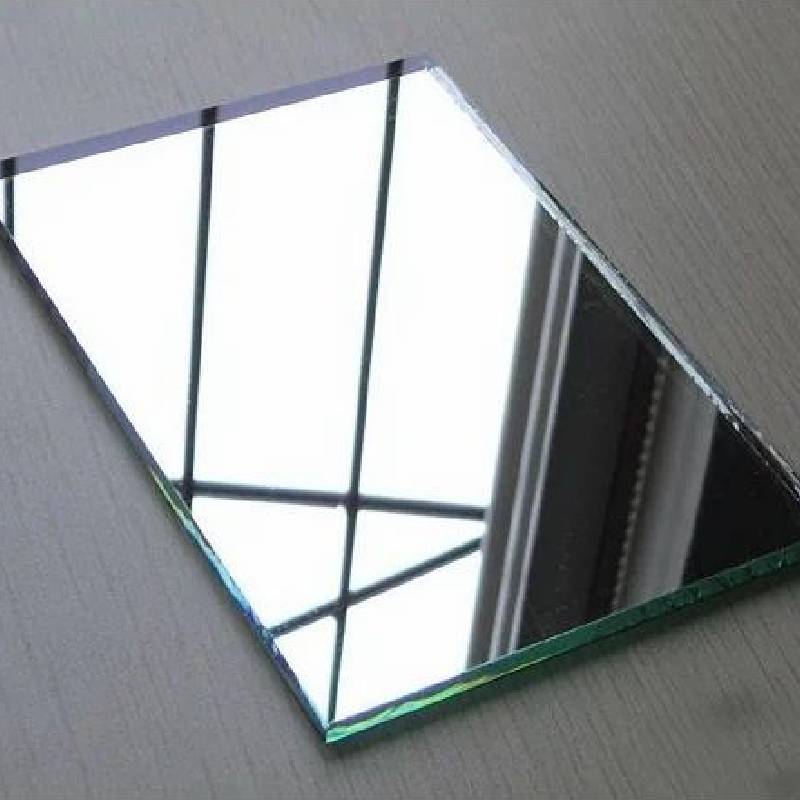

The Versatility and Importance of Reflectorized Glass
Reflectorized glass is a specialized type of glass treated with a thin metallic layer to enhance its reflective properties. This innovative material has gained significant popularity in various industries, including architecture, automotive, and solar energy, due to its unique blend of aesthetics and functionality. In this article, we will explore the various applications of reflectorized glass, its benefits, and its impact on sustainability.
One of the primary applications of reflectorized glass is in architectural design. Buildings constructed with this type of glass can effectively reduce heat absorption, leading to lower energy consumption for cooling. By reflecting solar radiation, reflectorized glass creates a comfortable indoor environment while minimizing the need for air conditioning. This not only benefits the environment by reducing overall energy usage but also lowers utility costs for building owners. Moreover, the sleek appearance of reflectorized glass adds a modern and stylish element to facades, making them visually appealing.
In the automotive industry, reflectorized glass plays a crucial role in enhancing vehicle safety and efficiency. Windshields and windows made with this glass can reflect harmful ultraviolet (UV) rays, thereby protecting passengers from sun exposure. Additionally, by reducing the amount of heat that penetrates into the vehicle, reflectorized glass contributes to a more comfortable driving experience. Automakers are increasingly incorporating this technology into their designs to create cars that are not only stylish but also energy-efficient. This aligns with the global trend towards sustainability and eco-friendly practices in the automotive sector.

One of the most significant advantages of reflectorized glass is its contribution to solar energy applications. As the demand for renewable energy sources grows, reflectorized glass is being utilized in solar panels to improve their efficiency. By reflecting sunlight onto the photovoltaic cells, this glass increases the amount of solar energy harvested, maximizing energy production. This is especially important in areas with limited land availability, as it allows for higher energy generation on smaller surfaces. The integration of reflectorized glass in solar energy systems represents a significant step towards a more sustainable future.
In terms of aesthetics, reflectorized glass provides an added layer of creativity for designers and architects. The reflective surface can create stunning visual effects, altering the way buildings look throughout the day. As sunlight shifts, the appearance of the glass changes, resulting in dynamic facades that engage viewers and enhance the overall architectural experience. This play of light and reflection can transform ordinary structures into iconic landmarks, contributing to the cultural and artistic landscape of urban environments.
Despite its numerous benefits, there are some challenges associated with the use of reflectorized glass. One of the main concerns is the potential for increased glare in certain settings, which can be uncomfortable for people living or working in close proximity to buildings featuring this type of glass. To combat this issue, architects must carefully consider the orientation and type of reflectorized glass to be used, ensuring it complements its surroundings while adhering to safety standards.
In conclusion, reflectorized glass is an innovative material that offers a wide range of benefits across various industries. Its applications in architecture, automotive design, and solar energy contribute to a more energy-efficient and aesthetically pleasing environment. As technology continues to evolve, the potential for reflectorized glass to play a pivotal role in sustainable development is enormous. Its ability to reflect solar radiation not only enhances comfort and safety but also aligns with the global drive towards renewable energy and sustainable living. As we move forward, embracing and optimizing the use of reflectorized glass will be essential in creating a more sustainable and visually appealing world.